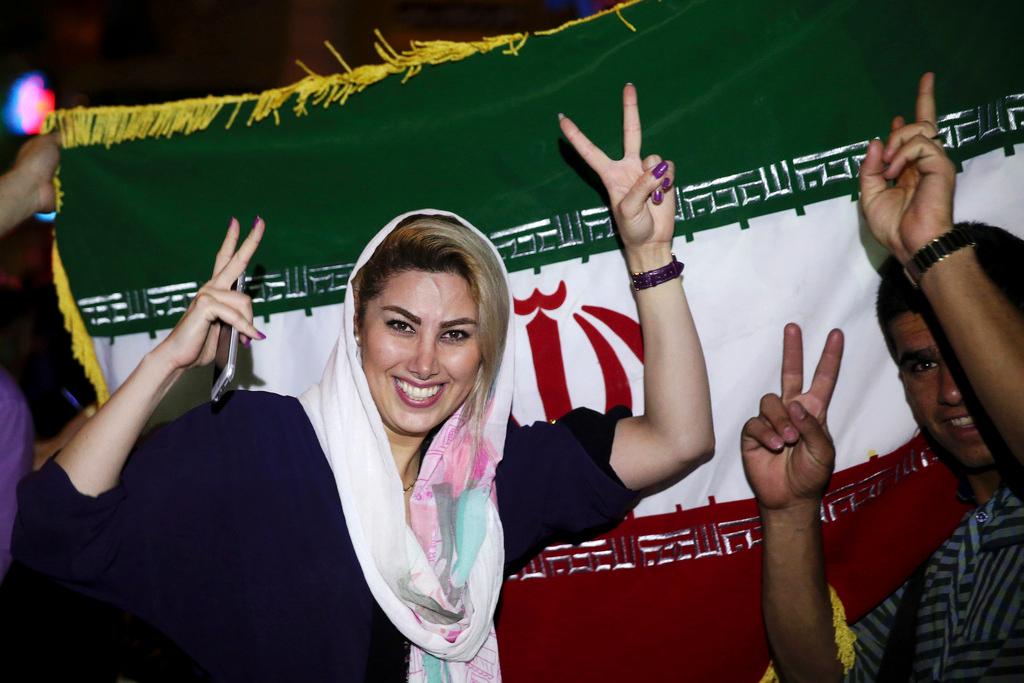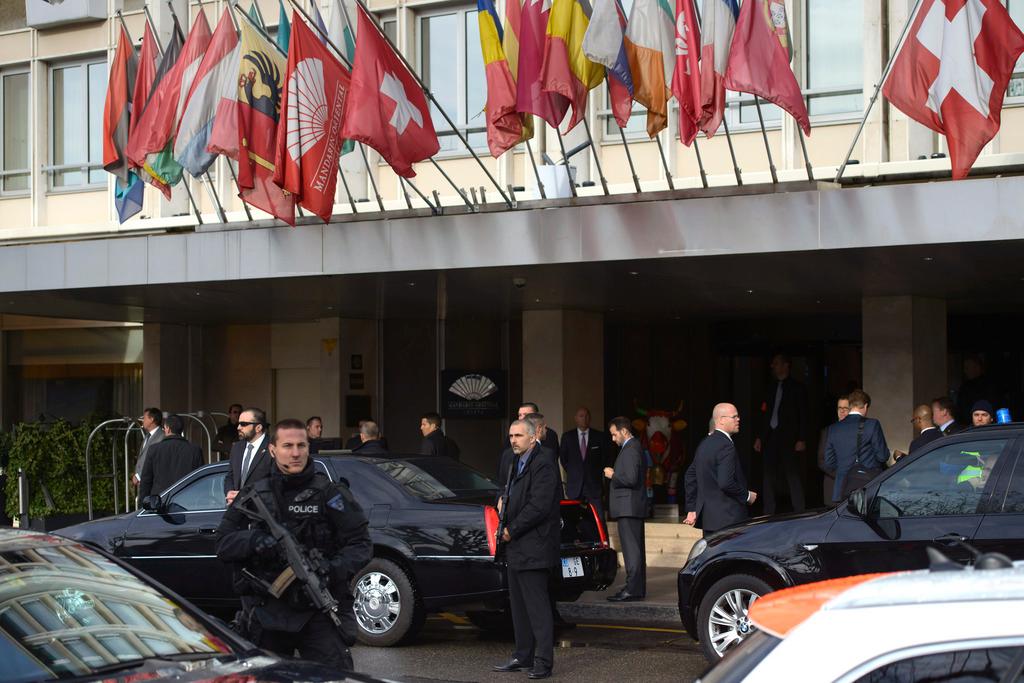Iran nuclear deal expected to realign politics

Swiss newspapers presented the agreement reached in Vienna on Tuesday, after 20 months of negotiations, to control Iran’s nuclear programme, as a regional game changer.
The multilateral agreement was also saluted on Wednesday morning by the Swiss government which wrote in an official statement: “Resolving the conflict surrounding Iran’s nuclear programme is of historic importance and a milestone for the Middle East region and beyond.”
In western Switzerland, the Tribune de Genève newspaper penned that the agreement had “set the basis for a new regional political balance in the Near and Middle East for the good of all”, and that “visionary [US president] Barack Obama will enter into history.”
Representatives of Iran, the United States, the United Kingdom, Germany, Russia, China and France reached a deal involving measures that would limit Iran’s capacity to process uranium and boost monitoring of sites while providing international assistance to modernise certain parts of its civilian nuclear programme.
Following the agreement, which had involved earlier talks this year in Geneva and Lausanne, Le Temps highlighted that while many other parties were still “reluctant” towards the accord, it “had the advantage of changing Iran and changing the great powers themselves”.
Recalcitrants and rot
The newspaper questioned the earlier “demonisation” of a key country like Iran, when so many other countries in the region are possibly even more “demonic”.
It said that for many years, American authorities were seduced by the pragmatism of the Iranians, and asked whether the Iranian leaders should also be added to a list of “recalcitrants”, those who are repeatedly and obstinately incompliant.
Le Temps said that although the US had acted in an “exemplary” manner, its focus on the Iran accord “had allowed the situation in Syria to rot, had accommodated itself for too long with its Saudi ally, and refused to take responsibility in Iraq”.
Policeman again
La Liberté agreed that president Obama had saved the US’s foreign policy balance sheet while transforming Iran again into the Persian Gulf’s policeman, as it had been under President Richard Nixon.
“The Americans want to bring this non-Arab power back to the ringside within a potentially explosive region”, the paper wrote.
The Neue Zürcher Zeitung (NZZ) said the agreement was “expected to go down as one of the most momentous international agreements in recent history”.
The deal, which culminates following previous extensive talks in Switzerland, will give Iran access to more than $100 billion (CHF947 billion) in frozen assets, and allow the country to gain from oil exports again, the newspaper explained.
“The regime under revolutionary leader [Ayatollah Ali] Khamenei, which did not lose any of its repressive nature in recent years, will undoubtedly use this windfall to secure its own power… [Khamenei] is given a way out of isolation and had to accept any conditions which would have meant a loss of face”, the NZZ writes.
The Tages-Anzeiger emphasised that Israel’s prime minister Benjamin Netanyahu was a loser in the agreement. His political agenda had been “dominated by Iran for the past 20 years”.
“The only thing he does not have, is a developed alternative.”

In compliance with the JTI standards
More: SWI swissinfo.ch certified by the Journalism Trust Initiative



You can find an overview of ongoing debates with our journalists here. Please join us!
If you want to start a conversation about a topic raised in this article or want to report factual errors, email us at english@swissinfo.ch.